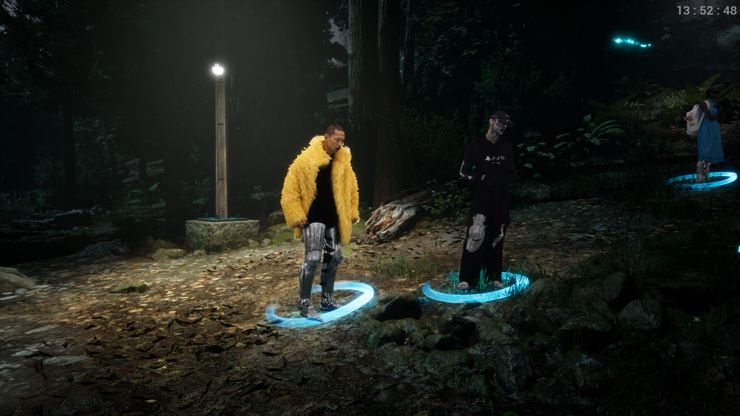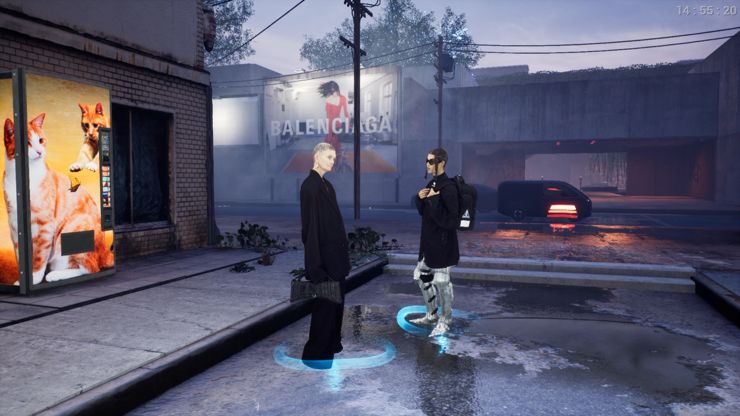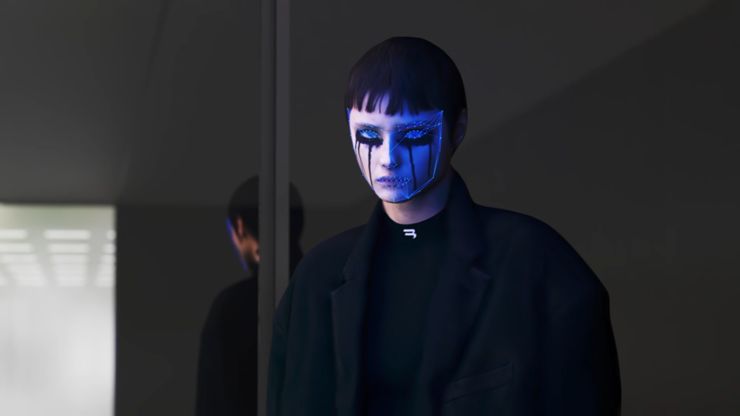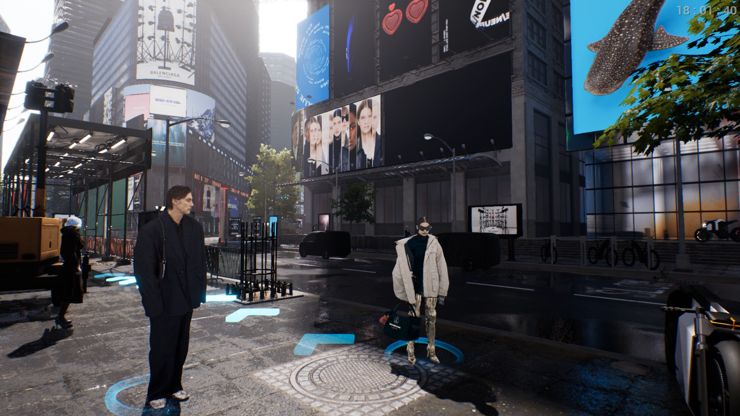The future of brand experience is found in the metaverse
If you can't go to the event, then the event needs to come to you. In a year during which live entertainment became almost non-existent. Daniel Hemsley, Managing Director at Swamp Motel, reminds us that there's another world out there, and it's one we can all visit.
Despite the ravages of Covid's second wave, with the vaccine programmes in place, we can start to glimpse the light at the end of the coronavirus tunnel and thoughts are inevitably turning to life after the pandemic.
Will we go back to our long and tedious commutes? Will we party with the same abandon in packed pubs and bars? Will we be rushing to book exotic mini breaks overseas at the drop of a hat? Much as we would like to believe our lives have been irreparably changed by the events of the past year, memories are terrifyingly short and I’m confident that as individuals we will all, by and large, revert to type.
Lockdowns and enforced separation have given rise to a handful of new behaviours that had not previously had the opportunity to receive due consideration.
However, the lockdowns and enforced separation have given rise to a handful of new behaviours that had not previously had the opportunity to receive due consideration. Live streamed theatre is one example: who hasn't caught a must-see West End show from the comfort of their living room with no babysitter, last train or restricted view seat required?
And Joe Wicks is not alone in getting Britons moving, as classes in everything from kickboxing to ballet have moved online. And let’s not forget the rise of the Peloton, which launched pre-Covid but has undoubtedly ridden the coat-tails of lockdown with great success. None of these experiences are the same as a real life, face-to-face equivalent, but they carry their own multitude of benefits and will have introduced a major, permanent, shift in many millions of people’s lifestyles.
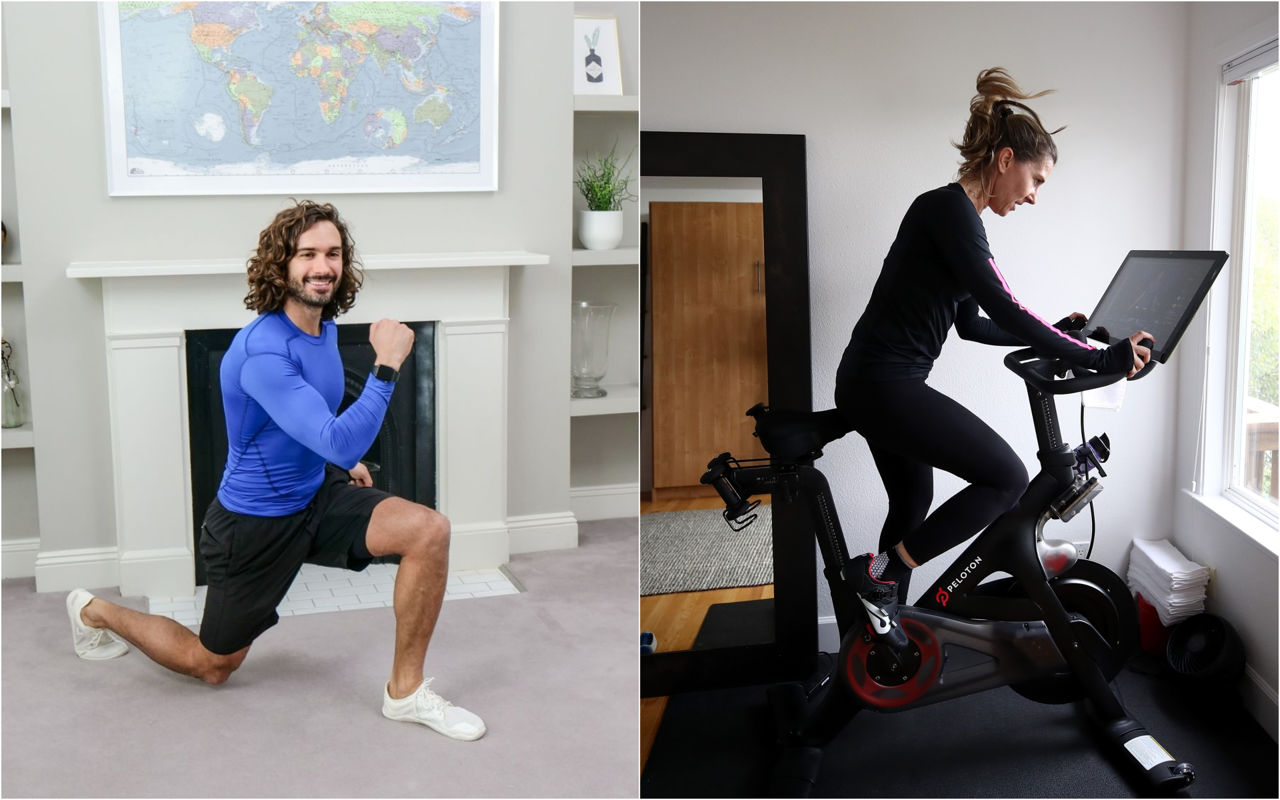
Above: Joe Wicks was a mainstay in many households over lockdown, and Peloton sales increased as home workouts became the norm.
In the same way, marketers have had to find more inventive and less mainstream ways to make that all-important emotional connection with existing and prospective customers. As the advertising industry has battled to pivot in response to new habits and behaviours introduced in 2020, one channel that has shown significant potential is the virtual experience. Brands have been provided with incontestable proof that online entertainment is a valid, effective and impactful way of communicating with consumers. Where in the past they may have dabbled in this space, or pledged to try it ‘one day’, that day came in abundance last year, and smart, tech-savvy brands who jumped at the chance to try it out, are now reaping the benefits.
Brands have been provided with incontestable proof that online entertainment is a valid, effective and impactful way of communicating with consumers.
The surge in virtual entertainment, from immersive events to interactive fashion shows, exclusive live-streamed performances from unexpected venues and Zoom theatre, has proved hugely popular with consumers, and opens up a world of creative possibilities for brands going forward. In many cases both the provision and the popularity have come about more out of necessity than a spontaneous and unprovoked business agenda, but crisis very often leads to unexpected opportunity and 2020’s (and now 2021's) lockdowns has pushed open the door for virtual events.
Above: Balenciaga's video game fashion show allowed anyone to access the event [images courtesy of Dimension Studios].
Of course, most people would prefer a live experience, but we must remember that is a luxury to which not everyone can stretch. Geographical, budgetary or logistical constraints all too often see people missing out on gigs, pop-ups, exhibitions or launch shows, but if the past 12 months has proved anything, it’s that our experiences no longer need to be restricted by such limitations.
There will still be a huge demand for virtual events in place of live entertainment that is still off the table.
While online experiences often do a bad job by simply trying to replicate a real one, there have been some remarkable success stories in which we have seen the virtual experience deliver something that a physical one couldn't. The National Theatre, for example, is offering a streaming platform that is opening a new world to audiences outside London and the UK, with prices that are more accessible to all incomes. Meanwhile Absolut Vodka's Pleasure Garden's Experience gave you Jodie Harsh live in your living room, and Balenciaga's new video game fashion show allows anyone to walk through their new collection, not just the elite few who get an invite to their show.
In the short term there will still be a huge demand for virtual events in place of live entertainment that is still off the table. The vaccine programme will take time to administer and the impact of the economic and behavioural changes will be felt for some time to come. In these instances brands are turning to the internet as their principal way to engage with the public.
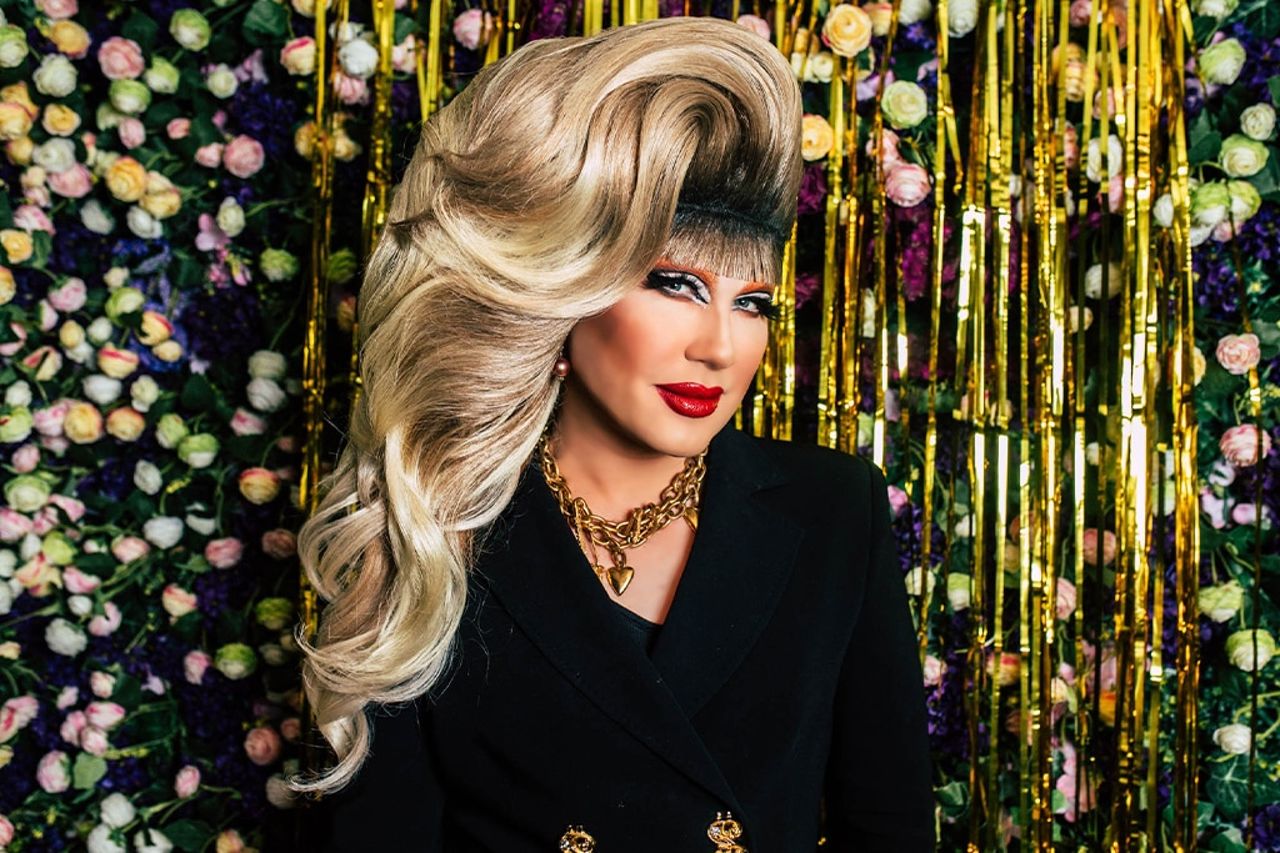
Above: Absolut vodka created the at-home event, Pleasure Garden Experience, which was fronted by Jodie Harsh.
When thinking about the long term, it’s important for brands to remember that we can't go back. We can't take back the experiences that have evolved in the last 12 months; a launch event that can be attended simultaneously by people all over the world; a gig brought into our living rooms in an interactive way instead of the standard one-way broadcast. The future lies in combining real world experience with virtual events, and hosting immersive experiences in the metaverse.
Virtual events done well can be game-changers for brands.
No more passive viewing for consumers slumped on the sofa, distracted by their mobile phone and endlessly tempted by a spot of channel-hopping. Virtual events done well can be game-changers for brands. They create an emotive connection for the participant, whether that’s through game-play, problem-solving, interactivity or team-work. The key lies in doing it well, and the secret to doing it well is excellence in storytelling, the level of which you get in the best theatres, films, TV and gaming worlds.
Those who can create experiences that live partly in the real world and partly online, and ensure the two worlds are seamlessly navigated via a brilliantly crafted story, are the ones who will excel in immersive entertainment. However, one thing is certain: virtual entertainment is not going anywhere post-Covid. Brands seeking a new creative opportunity and the chance to engage with new audiences will do well to begin exploring the different avenues in this area in anticipation of ongoing reward, when Covid is but a distant memory.
)

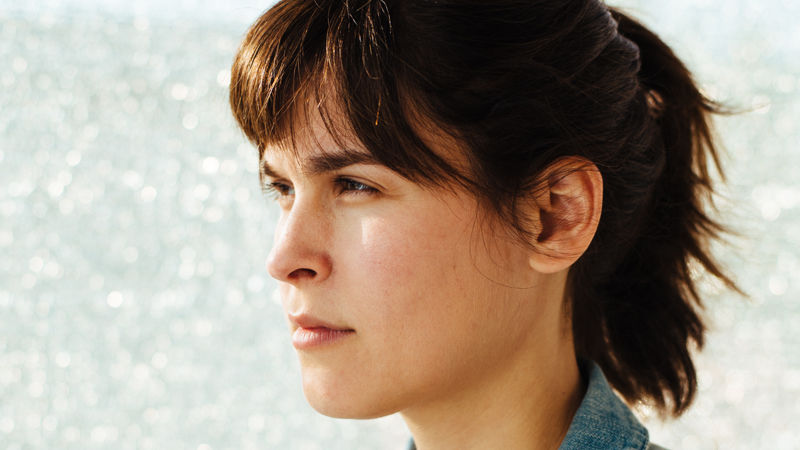


 + membership
+ membership

